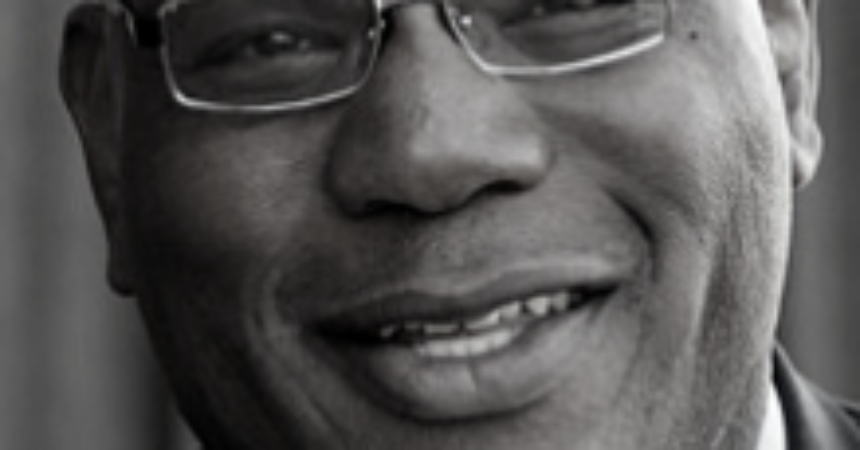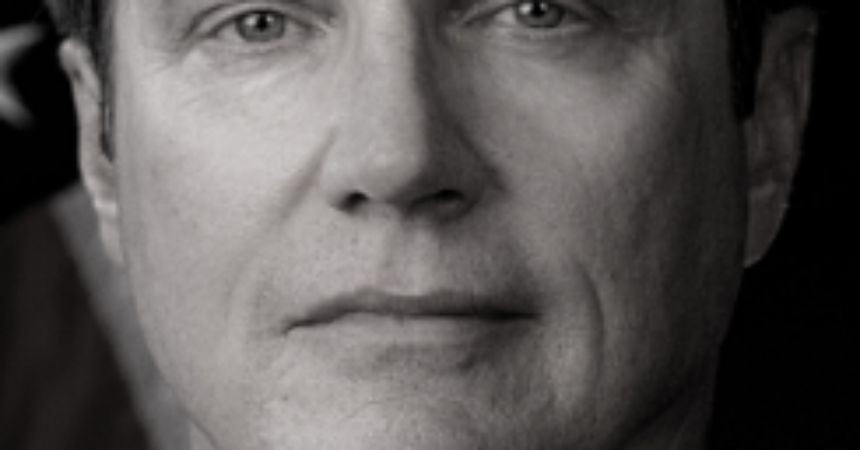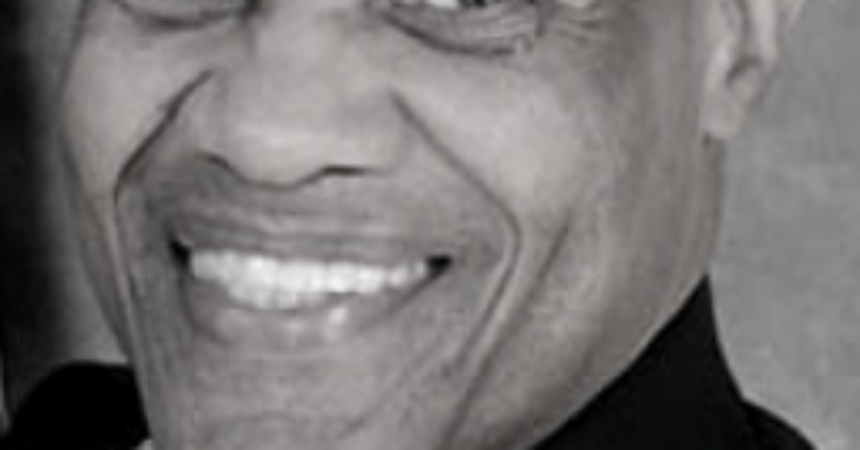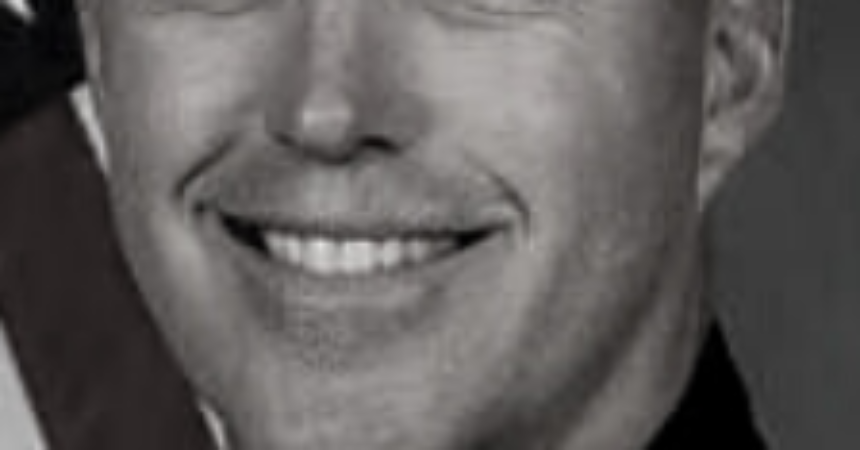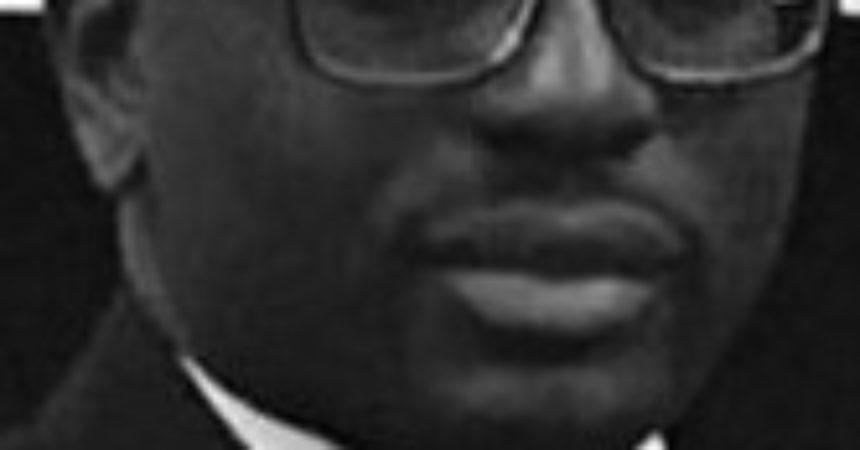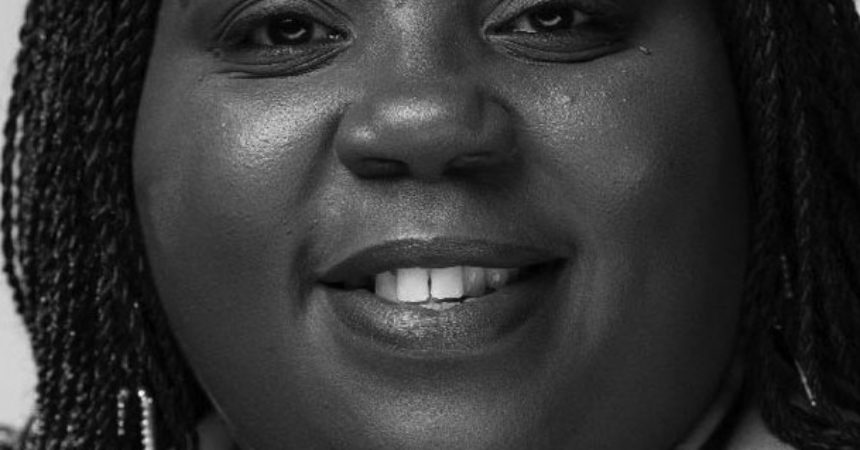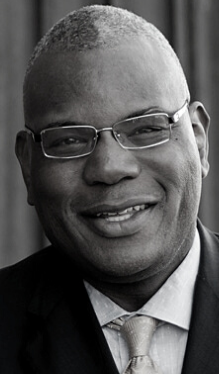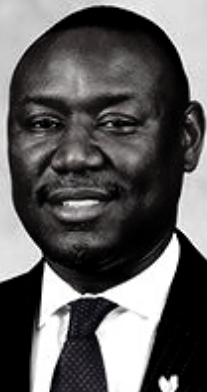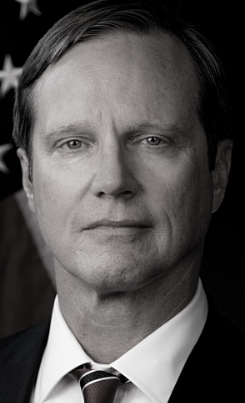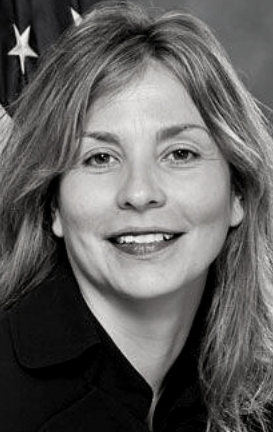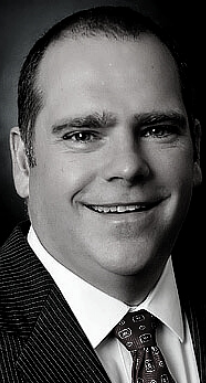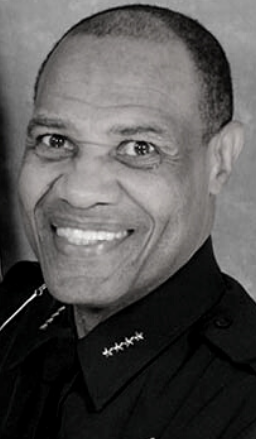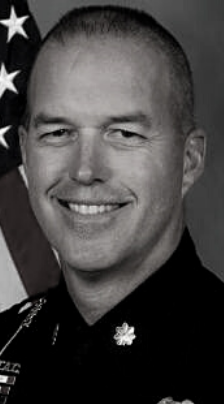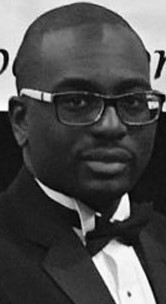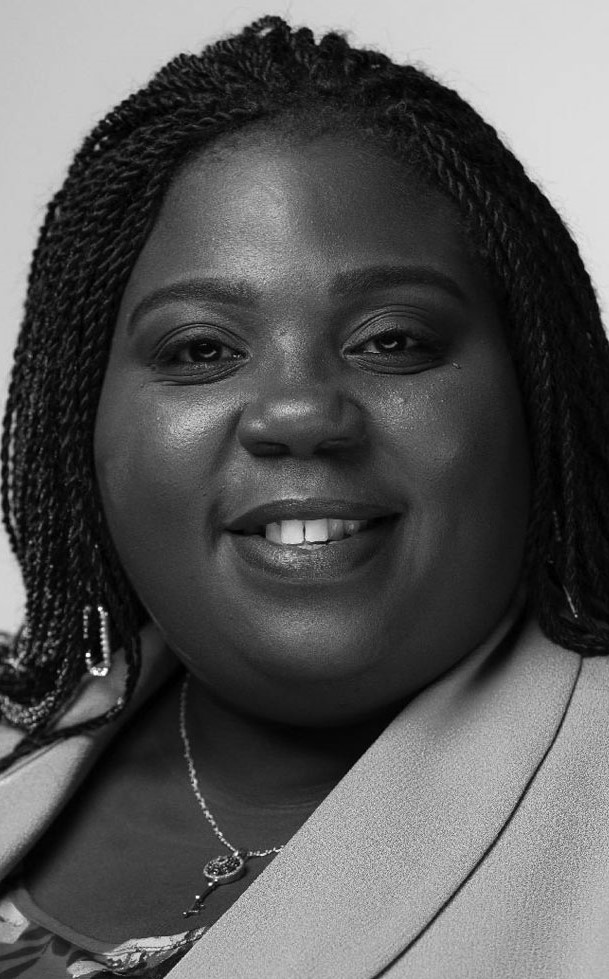Looking for Answers
Justice and law enforcement focus of virtual town hall
By St. Clair Murraine
Outlook staff writer
In an attempt to find answers for fixing a strained relationship between the community and law enforcement, the Village Square held a “Justice and Law Enforcement” virtual town hall meeting that turned into a far-reaching conversation focused on many of the issues that led to recent protests across the nation and locally.
The meeting took place against the backdrop of a survey in which Sachs Media Group found that there is a deep divide between residents and the police. A majority of the 1,269 people surveyed also believe that White and wealthy people are more likely to get more favorable treatment from police than Blacks.
Overall, the survey indicated that there is a big gap in trust, something that was a focal point of the discussion, especially in Black communities.
The panel, which included law enforcement officials and community leaders, also called for urgent development of a citizen review board to oversee law enforcement in the city and county. The initiative was approved by the city commission a month ago.
The Memorial Day killing of George Floyd sparked last Tuesday’s town hall meeting and similar conversations around the country.
“Right now if there is ever going to be a change in the culture and behavior of policing in America for disenfranchised people, it has to happen in the aftermath of George Floyd,” said Benjamin Crump, a civil rights lawyer and Tallahassee resident who has represented many victims in high-profile police brutality cases. “Other than that, we are going to see more hastags of Black people being killed; we are going to see more protesting, rioting and more cities on fire in America.”
The conversation, which opened a three-part series, is a partnership between the Village Square, Bethel Missionary Baptist Church, the U.S. Attorney’s Office for the Northern District of Florida, and Sachs Media Group. Village Square, a non-profit organization that promotes civic engagement through conversation, will hold its final virtual town hall on July 14 on the topic “Government, Schools and the Future,” beginning at 7 p.m.
In addition to Crump, the discussion on criminal justice included Rev. RB Holmes, minister at Bethel Missionary Baptist; Lawrence Keefe, U.S. Attorney for the Northern District of Florida; Rachel Rojas, FBI special agent in-charge; Jack Campbell, State Attorney 2nd Judicial Circuit; Walt McNeil, Leon County Sheriff; and Lawrence Revell, chief of Tallahassee Police Department.
Community leaders Adner Marcelin, president of the local chapter of the NAACP, and Talethia Edwards, president of the Greater Bond Community Neighborhood Association, also participated in the conversation.
Although no resolution was reached, Holmes said he was optimistic that the dialog will lead to answers. He also encouraged clergy to get in front of the current issues just like it has done historically.
“The church cannot take a back seat,” Holmes said. “We must always be on it; front and center of resolving problems.”
A lot of time was spent on the subject of transparency and accountability by police, prompted by three recent police-involved shootings in Tallahassee. The cases were turned over to Campbell’s office, but he said COVID-19 had delayed getting a grand jury together to hear the cases.
“I want to show every piece of evidence I have on every case,” he said. “I promise you, the community, that as soon as that (a grand jury) is done, I will share every part of it with the community.”
During the last month, protesters have called on Campbell and TPD to release the names of officers involved in recent shootings along with footage from their body cam. The matter has been tied up in court for several weeks. But Campbell said releasing information on the cases would not be the right thing to do.
“Yes, I could release it but I would be making the terrible decision not to review at all the officer’s use of force,” Campbell said.
He agreed that transparency is a problem that needs to be fixed.
“There has to be a whole scale difference in the way that we do things,” Campbell said.
Revell said TPD is already putting in place some procedural changes to enhance community-police relationship. He noted that high crime areas like Bond, where there has been three recent shootings, and Frenchtown have seen changes.
“I have no issue with anyone looking at what we do and how we do it,” Revell said. “I will be the first one to stand up and say when something is wrong. So I welcome the review.”
Revell said a citizen adversary council that he has been advocating since taking office six months ago, will meet on July 13. He also touted his agency’s internal and external bureaus that are intended to improve communication between TPD and residents.
“We are completely opened to be being transparent,” Revell said. “I want that. I want our community to know what we are doing. I believe that 90 to 95 percent of the things that our community is asking for the police department already do.”
Edwards, whose work over the last few years has transformed Bond, expressed concern that many young people have their first encounter with a police offer when they are called to a crime scene. She also said that in many cases a TPD officer or sheriff deputy doesn’t have to be the first responder, an idea that McNeil has been advocating for several years.
Some calls could be over a mental health issue, Edwards said, adding that law enforcement should make an effort to understand the culture of the Black communities that they police.
Many times a call for law enforcement result in “20 and 30 police cars; riffles like we are in Iraq or Bagdad,” she said. “It’s not war. These are our communities. These are our homes and we need to trust these people who are sent to serve and protect us. That’s what we are asking for.”
McNeil said he could relate to cases when a call doesn’t require an offer to respond. He gave the example of a parent calling law enforcement to help get their child to attend school.
“We have stepped into all the social problems of our nation and that results in over-policing and result in more contacts with the African American community,” McNeil said, “disproportionate contacts in some instances in various communities.”
McNeil went on to say that more 21st century police practices need to be in place, suggesting that technology be brought into how they address crime.
“We’ve got to change that dynamic,” he said.
Some of the friction between Black communities and police could be deescalated if knowledge of the Black community were part of police training, Edwards said. Keefe said he has been making an effort to establish relationships with Black communities.
“I want to get out of the federal building,” he said. “I want to get out in the community and I want to take it as far as I can take it in my lane and listen to educate myself and be open-minded.”
Creating programs that allow young people to be engaged with police officers would help to reduce over-policing of Black neighborhoods, Holmes and Edwards said. Stepping up the presence of the Police Athletic League and other youth mentoring programs should be a priority, Holmes said.
In the interim, Revell said that he’d like to have graduates of the city-sponsored TEMPO program be put on a path that would encourage them to consider a law enforcement career.
“They could be those role models that we need so badly in all of our communities,” he said.
Marcelin called the conversation a step toward resolving differences in over-policing Blacks. He encouraged his audience to make changes by voting in the Aug. 18 primary and the general election on Nov. 3.
“We can sit here and talk all day about the issues that are going on but at some point, we have to step up,” Marcelin said. “We have to answer the citizens’ questions. We have to do less talking and put some action behind the words. I hear the frustration.”


